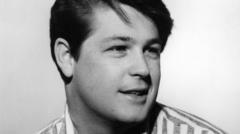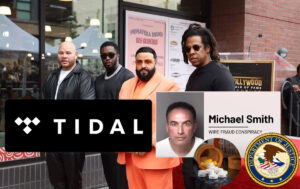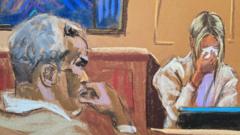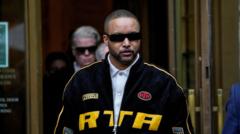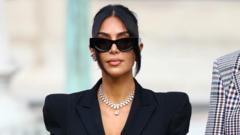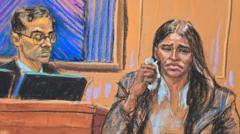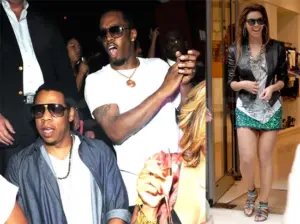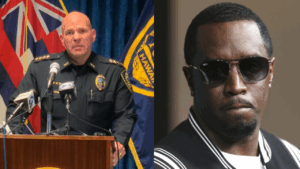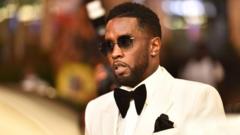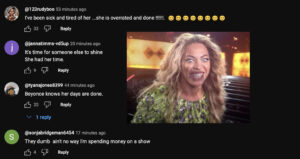Sean 'Diddy' Combs' latest legal strategy raises eyebrows as his defense in federal court relies on a controversial insanity plea, with critics questioning both the claim and its implications for justice.
Diddy's "Insanity Defense" Sparks Controversy in Federal Court
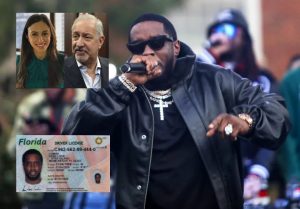
Diddy's "Insanity Defense" Sparks Controversy in Federal Court
Sean 'Diddy' Combs' legal team claims diminished mental capacity due to drug use while facing serious charges.
In a recent development, Team Diddy has provoked criticism with their latest approach in a federal court case. They have officially filed a 23-page document (Filing #276) in the Southern District of New York, asserting that Sean ‘Diddy’ Combs was under “diminished mental capacity” owing to drug use at the time of the alleged crimes. Legal experts and observers are now debating whether this defense truly reflects Diddy’s state of mind or if it's simply a strategy devised by his attorneys.
Critics charge that this so-called “insanity defense” overlooks the diminished mental state of his alleged victims who were reportedly under the influence of drugs provided by Diddy and his affiliates. The narrative surrounding Combs’ legal troubles takes a sharp turn when considering the contrasting public image of his associate Jay-Z - portrayed as the more intelligent and strategic of the pair.
Despite efforts from attorney Alex Spiro to separate Jay-Z from the controversies surrounding Diddy, public sentiment often sees their fates intertwined. In late December, Spiro faced backlash after directing harsh comments towards a victim, prompting victim attorney Tony Buzbee to file a countersuit against Roc Nation mogul Jay-Z.
Earlier filings reference the "Insanity Defense Reform Act of 1984," suggesting that testimony from Dr. Elie Aoun may be ineligible under this act and questioning the reliability of his claims. The response categorizes Dr. Aoun’s views as both “unreliable and irrelevant,” contributing to the mounting pressure on Diddy’s legal team.
Critics have been quick to compare this latest defense to an equally bizarre “Swingers” defense recently put forth by Team Diddy, illustrating a general sentiment that the attorneys are resorting to desperate measures. In light of such claims, some observers argue that the legal strategies employed are intentionally provocative, seemingly to keep the narrative swirling in Diddy’s favor, even if their plausibility remains low.
With each new motion filed, the courtroom drama surrounding Sean ‘Diddy’ Combs continues to unfold, posing significant questions about the intersection of celebrity, justice, and legal tactics in high-profile cases.


